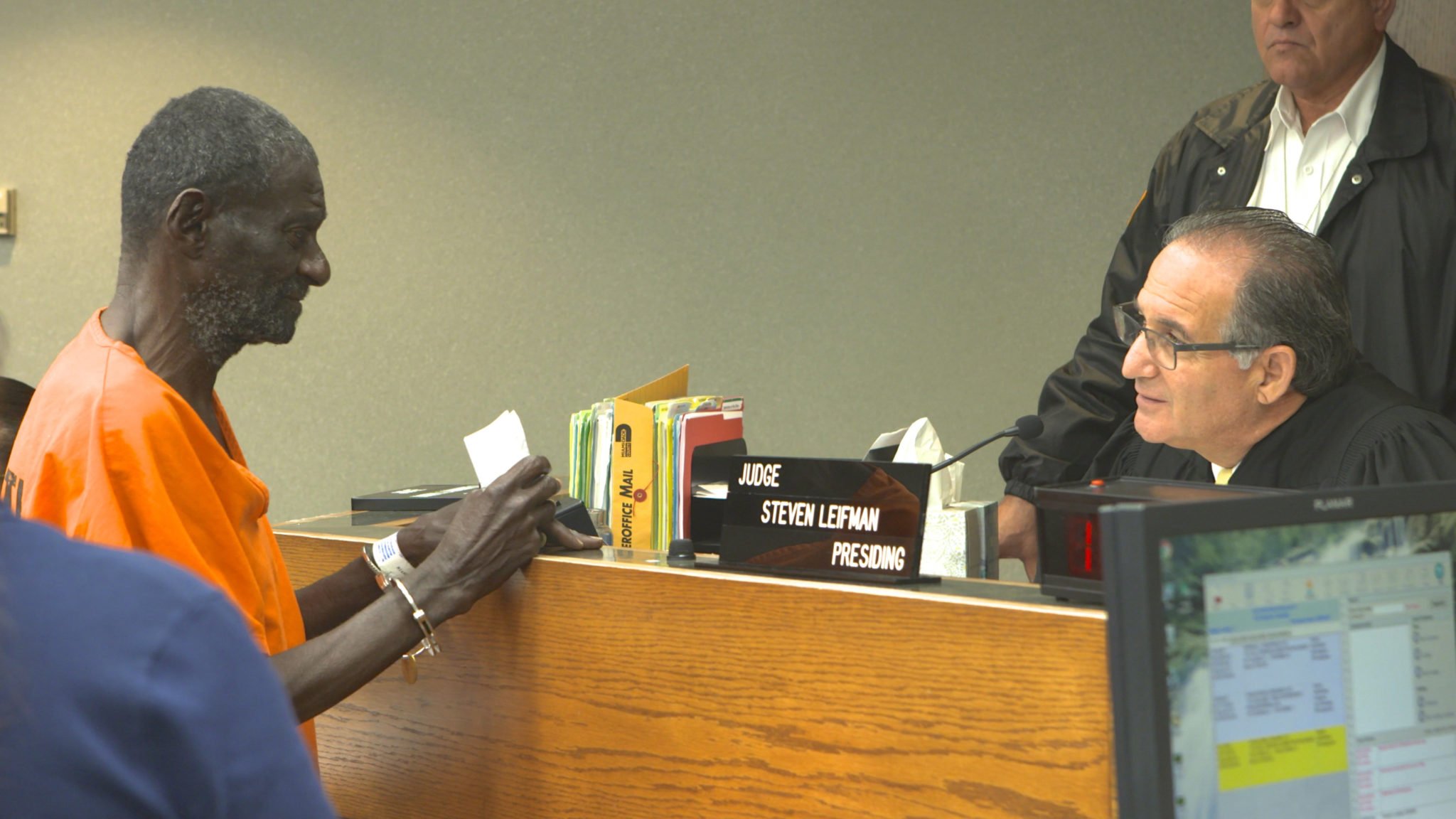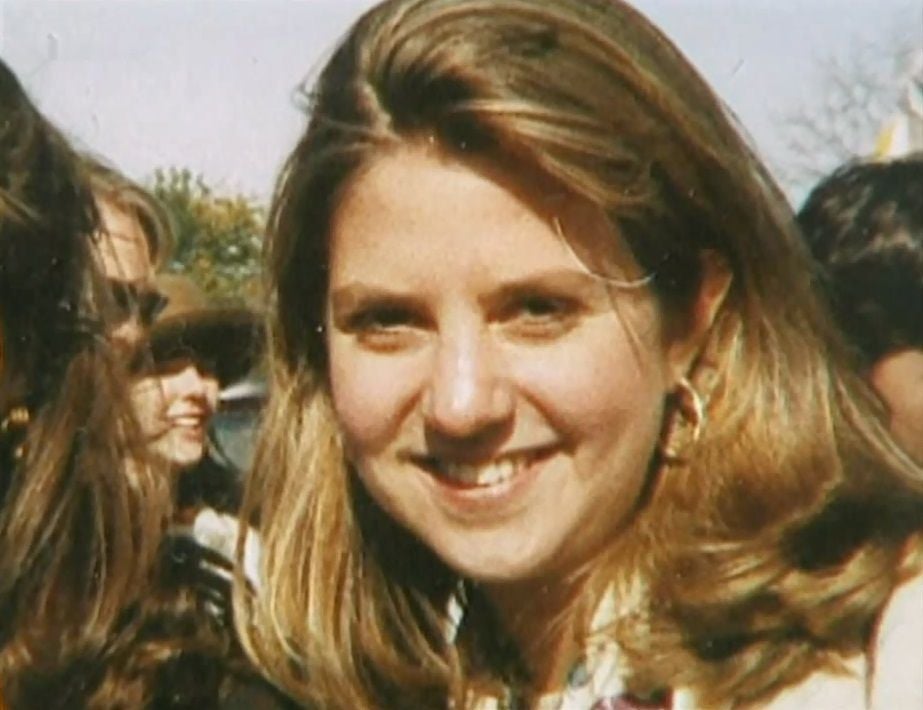In 2015, Matthew Ornstein died, at 34, from accidental carbon-monoxide poisoning. An accomplished debater with a knack for witty banter, he had struggled with mental illness for a decade, and after he died, his parents, Norm Ornstein and Judy Harris (along with their son Danny), created a foundation in his name. One arm of the organization funds annual debate camps for local public-school students, while the other supports mental-health research and advocacy. The idea is to find ways of “taking a tragedy and trying to make something positive,” says Norm, a prominent political analyst at the American Enterprise Institute.
But the foundation’s latest project is something different: a documentary film. Airing on PBS on April 14, The Definition of Insanity looks at one judge’s innovative efforts in Miami to prevent people with mental illness from being treated like criminals. The movie is narrated by Norm’s longtime friend Rob Reiner. The topic was Norm’s idea, and one day he mentioned it to filmmaker Gabriel London, who had attended Georgetown Day School with Matthew and had previously made another film about mental illness and criminal justice. “The documentary is an attempt to spread these best practices so that you get fewer instances around the country where people are going to end up in jail,” Norm says. “You can have fewer people going to jail and more of them finding a way to get treatment and get back on their feet.”
London, who grew up in Cleveland Park, remembers hanging out with Matthew when they were kids. (Their parents were friends.) He says he wants to help others in Matthew’s situation: “We have been able to bring to life something that shows not just what’s possible in healing mental illness but also something deep in the wheelhouse of Norm: What does good governance look like? The film gets into good governance and civic discourse and how we can have collaborative, nonpartisan solutions to some of the biggest challenges that exist.”
This article appears in the April 2020 issue of Washingtonian.



















